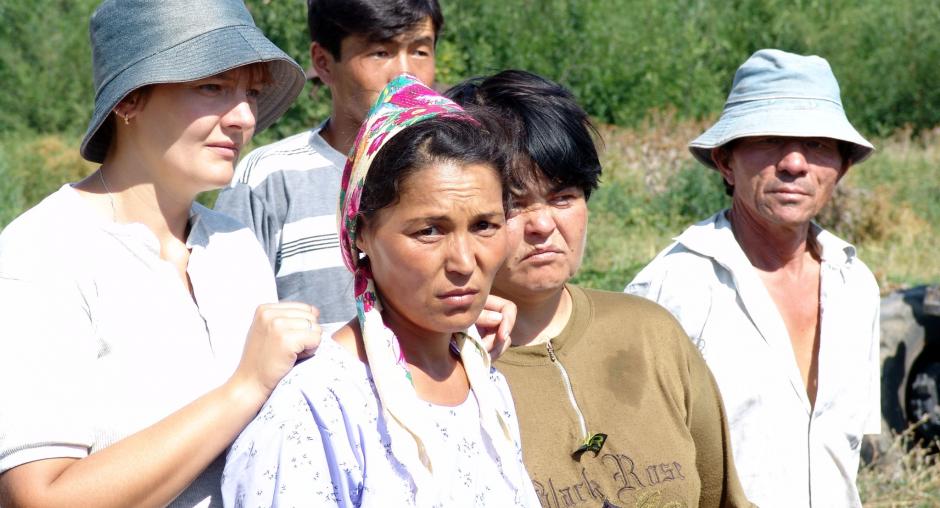OSCE conference highlights national mechanisms and regional co-operation to combat human trafficking in Central Asia

ALMATY, 18 May 2006 - Tools to fight human trafficking, including the establishment of national referral mechanisms to combat the crime and protect the human rights of trafficked persons, co-ordination between law enforcement bodies and non-governmental organizations, and regional co-operation are the focus of the first regional OSCE conference on human trafficking being held in Astana on 18 and 19 May.
The event was co-organized by the Kazakhstan Foreign Ministry.
In Central Asia, as in other parts of the OSCE region, the problem of human trafficking is pervasive, wherever poverty and other social and economic factors create vulnerability to exploitation. According to statistics, 2 to 4 million people are trafficked within borders annually, and 600,000 to 800,000 are trafficked trans-nationally.
"Enslavement of human beings is a shame to the civilized world," said Bjorn Halvarsson, Deputy Head of the OSCE Centre in Almaty. "Human trafficking undermines the prosperity and well-being of the OSCE participating States, endangers human security and threatens democratic values and rule of law."
Besides discussing the general human trafficking situation in Central Asia, conference participants are focusing on trafficking for forced labour and trafficking in children. The experts also addressed the importance of developing national policies for combating trafficking, improving co-operation between countries of origin, transit and destination in combating trafficking, including at the regional level, and obligations to protect the rights of trafficked persons.
"The human rights approach to trafficking means that trafficked persons are protected and assisted," said Shivaun Scanlan, Senior Advisor on Anti-Trafficking Issues at the OSCE Office of Democratic Institutions and Human Rights. "They are still all too often arrested and prosecuted for illegal border-crossing and possession of false documents. This needs to stop."
Government officials from Belarus, Belgium, Croatia, Kazakhstan, Kyrgyzstan, Russia and Tajikistan, as well as representatives of non-governmental organizations from Central Asia, representatives of international organizations and embassies and independent experts on human trafficking took part in the discussion.
Experts included Elena Tyuryukanova of the Russian Academy of Sciences, Mohamed Mattar, Executive Director of the Protection Project of Johns Hopkins University, and Freddy Gazan, Deputy Adviser General for Criminal Policy at the Belgian Ministry of Justice.
"Experience gained in the Balkans and other parts of the world shows that a regional approach is useful in combating this trans-national crime and facilitating solutions," said Michele Clark, Head of the OSCE Anti-Trafficking Assistance Unit. "We look forward to seeing similar successful models come out of this event."
The Government of Kazakhstan was represented by Ambassador-at-Large Ms. Madina Jarbusynova.
